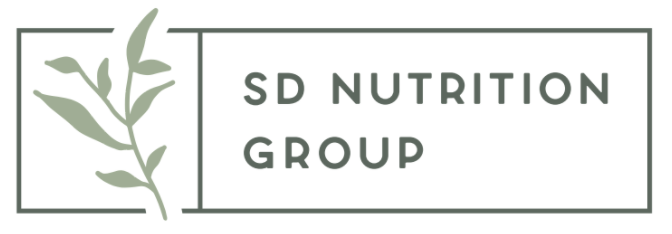Self-Care & Intuitive Eating
It’s impossible to talk about intuitive eating without talking about self-care. We usually think of self-care as being bubble baths, massages, tropical vacations, mani/pedis, etc. But self-care is really a much broader concept that involves cultivating a deep connection with your body. The Oxford definition of self-care is “the practice of taking an active role in protecting one's own well-being and happiness, in particular during periods of stress”. Self-care involves attention to both our mental and physical wellbeing and doesn’t have to be elaborate or lengthy. We can engage in small acts of self-care day to day.
In contrast, diet culture teaches us that health is all about willpower. That eating is about discipline and self-control, and that if you don’t succeed at following diet rules, you’ve failed. Dieting disconnects us from our bodies and our biological needs of foods and pleasure/satisfaction in eating. Not very self-care oriented if you ask me.
Intuitive eating is a form of self-care. Intuitive eating reconnects us to our bodies’ needs, both physically and emotionally. Our bodies need adequate, satisfying food every day. And by giving ourselves unconditional permission to eat all foods, we send the message to our bodies that they are worthy of care and loving attention. Once there are no restrictions on food and you truly believe you have permission to eat anything you want, it becomes so much easier to tune into your body’s messages about what and how much to eat. Eating itself becomes an act of self-care, rather than an act of discipline.
Intuitive eating is one way we can practice self-care. But it’s a good idea to have a few reliable ways to take care of yourself and make sure you’re meeting your basic needs of sleep, life balance, nourishment, and stress management. The Intuitive Eating Principle Cope with Your Emotions with Kindness teaches us that emotional eating is absolutely ok. It’s a normal part of eating and being human, and at the same time recognizes that food won’t solve our problems. Emotions, both good and bad, come and go in waves. It’s important to have different ways to care for ourselves, besides just food, to protect our own well-being in times of stress.
I like to think of having a “self-care toolbox” of different ways to take care of yourself depending on the day or situation. You can figuratively “dig around” in your toolbox and pull out whichever form of self-care you need. Here are just a few ideas to get you started:
Do some kind of joyful, intuitive movement (dance, swim, walk, run, play sports, etc.)
Set an intentional bedtime routine
Schedule regular medical and mental health checkups as needed
Wear clothing that fits comfortably and makes you feel good
Do a guided meditation or deep breathing exercise
Snuggle with a pet or in a cozy blanket
Put a cold washcloth on your face or neck
Cook or bake something you love
Light a candle or diffuse essential oils for some aromatherapy
Take a few minutes to go outside and enjoy the sunshine
Text or call a friend
Watch a funny TV show or favorite movie
Journal about what’s going on
Spend time in nature, even with just a walk around the neighborhood or at the park
When our basic self-care needs are met, we have the mental and emotional capacity to better tune into our bodies’ needs.
All that to say, I enjoyed a very nice “self care Friday” this past week. I slept in, took my dog to the beach (the weather was amazing!), made a trip to Target just for fun, and cooked a new recipe for dinner. Sometimes all we need is a break from our normal routine and responsibilities just to rest and recharge. This is your reminder that you have permission to rest and enjoy yourself. Not every moment has to be filled with productivity. You are worthy of rest, relaxation, and joy.
Here are a couple of photos from that day:
Stopped by the park and played fetch for a bit
Dog Beach at Coronado Island
I made that baked feta pasta that went viral on the internet. It was worth the hype!



